LEARN ABOUT OUR INVESTMENT VEHICLES
Insights

Blog
What Is Private Credit? A Guide for Modern Investors
Private credit has become one of the most important areas of growth in today’s investment landscape. As banks continue to scale back lending and investors look for stable, income-producing alternatives, private credit has stepped into a central role. Yet many people still wonder what private credit actually is and why it has become such a powerful force in both real estate and broader capital markets. (BIS Quarterly Review)
What Is Private Credit?Private credit (also known as private lending, private debt, or non-bank lending) refers to loans originated by non-bank institutions such as private credit funds, debt funds, or asset managers.These loans do not come from traditional banks and are not issued on public markets like bonds.
Private credit typically includes financing for:- Real estate acquisitions and development- Business expansions or recapitalizations- Middle-market corporate lending - Bridge loans - Mezzanine debt - Asset-backed loans
At its core, private credit fills the gap between what borrowers need and what banks are willing or able to provide.
Why Private Credit Has Become So Popular
According to Bank Capital and the Growth of Private Credit (Chernenko, Ialenti, and Scharfstein), one of the biggest reasons private credit has expanded so rapidly is that banks now face significantly higher capital requirements than in the past. This structural shift, which began after the 2008 financial crisis, has made lending to riskier sectors such as transitional real estate and middle-market companies more costly for traditional banks. As a result, non-bank lenders have stepped in to fill the gap.
These regulations have limited the ability of banks to lend on transitional real estate, construction projects, and middle-market companies. As a result, private lenders now fill the space that banks once occupied. At the same time, investors have been searching for higher yields and more predictable risk-adjusted returns, and private credit has proven to offer these characteristics with less correlation to public equity and bond markets. (Brookings; S&P; BIS)
In real estate, private credit plays a very practical role. Sponsors often need capital quickly, evaluated by professionals who understand business plans that involve renovation, repositioning, or development. Private lenders can review a deal more efficiently, structure terms around the actual needs of the project, and provide certainty of execution.
Types of Private Credit (Key Terms You Should Know)- Senior Debt
First-position loans secured by collateral. Lowest risk, lower yield.- Mezzanine Debt
Subordinated debt with higher interest rates and often equity kickers.- Bridge Loans
Short-term financing used during acquisitions, value-add business plans, or construction.- Preferred Equity
Hybrid between debt and equity; higher yield with negotiated downside protections.- Asset-Backed Lending (ABL)
Loans collateralized by specific assets such as real estate, equipment, or receivables.- Structured Credit
Custom capital solutions combining multiple tranches of debt or preferred equity.
In today’s environment, private credit matters more than ever. Interest rates remain elevated, banks are conservative, and many real estate projects require thoughtful, hands-on financing expertise. Private lenders provide liquidity and structure at a time when traditional sources are limited. For investors, private credit offers exposure to real assets and cash-flowing loans supported by real estate fundamentals and sponsor performance. (FEDS, 2024)
At RD Advisors, we focus on senior-secured real estate private credit supported by disciplined underwriting and a fundamentals-driven approach, with a dedicated emphasis on the Greater Boston market.Our goal is to provide borrowers with flexible, reliable capital solutions and to offer investors access to professionally managed private credit strategies backed by real estate fundamentals.
If you would like to learn more about how private credit works or how RD Advisors approaches the asset class, we would be happy to connect. You can send out an email to our team at contact@rdadvisorsre.com
This article is written for educational purposes, for your information only, and is not intended to be relied upon by anyone without conducting their own, independent analysis. The opinions expressed and other content of this posting are reflective only of the opinion of the author when written and may change at any time and without notice and do not necessarily reflect the opinion of RD Advisors itself. This article is not to be used or considered as, and does not contain, any offer to sell, or a solicitation of an offer to buy, any security or the provisions of an offer to provide any services. In addition, the information is not, and shall not be considered to be, a recommendation for the content of any website or to purchase any other product, service, or investment. Nothing in this article constitutes any offer to provide a loan or other financial product or a commitment to do so or to discuss providing such products.
LinkedIn
AI in the lending business
Here are very simple examples of how the team used AI in the lending business over the past few days.= Building automated tools to aggregate and analyze foreclosure data= Research tool to guide legal discussions on unique bankruptcy situation= Quickly summarizing market data= Takeoffs from a drawing to estimate the electrical budget for a 8,000 sq ft home= Cross-checking loan documents versus termsheets and due diligence materials for accuracy= Identifying proper resources for a towns permit data on specific properties = Creating a budget from pictures to decorate the officeThose are the simple items. There are huge opportunities to integrate it across the business however it's complicated and has to be done properly. Mikhail, my business partner and techie, is speaking at SuperReturn in two weeks on how RD Advisors is integrating robust tools across our process for validation and checks and automation throughout the closing, due diligence, servicing, and asset management process - it's a task!Here is where we haven't used AI and don't plan to: - Auto-generating content for LinkedIn - Relying on AI without double checking results (no auto AI valuations or underwriting)- Auto outreach/commenting on LinkedIn spammy sales tactics (can't be that guy)By no means, tech or investment advice, just my quick observations from the past few days.Follow Sean Kelly-Rand on LinkedIn.
.png)
LinkedIn
PropTech Is Growing Up—And Getting Tougher.
PropTech Is Growing Up—And Getting Tougher.That was one of the messages that came across clearly at the Boston PropTech event we hosted at our office last night.Real estate operators are now adopting technology. And in a perverse way, it’s making it harder for PropTech start-ups. Here’s why:Real estate firms and operators/investors are building their own tech infrastructure, customized to their specific business needs. So if you’re a PropTech start-up offering a solution, it’s much harder when a well-capitalized firm is also competing with its in-house system.Real estate is a multi-trillion-dollar market with massive fees, volumes of transactions, and huge inefficiencies, creating a market ripe for disruption.There’s huge opportunity to build and create new products; however, it’s a more competitive landscape than it was previously, imho.RD Advisors is a prime example: we built our own tech platform to analyze, close, asset-manage, and service loans, and we’re now building AI tools into the process. We are also utilizing and integrating a variety of best-in-class tech platforms (and looking for more) in our workflow.Even so, my own personal frustrations led Colin and me to create ReoRei, to streamline our investment process from analysis to offer to bank financing. Another example of building in-house and then offering it to other investors (feel free to check it out and DM me with feedback).The next few years will see massive changes in PropTech and BuildTech, imho, but it’s going to be tougher and tougher to compete.What is everyone else seeing?Follow Sean Kelly-Rand on LinkedIn

LinkedIn
How RD Advisors Fills the gap in traditional financing.
linkedin.com
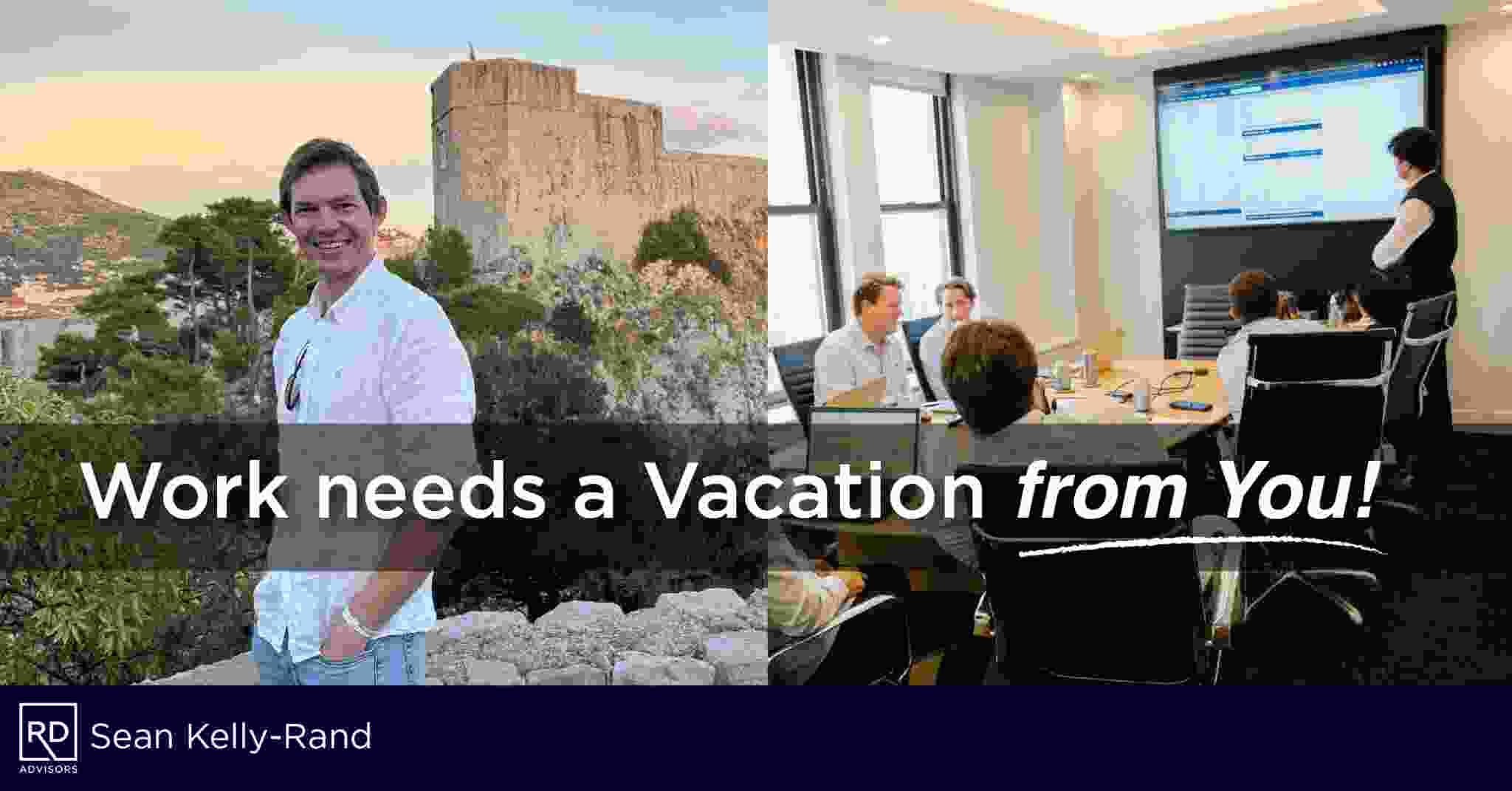.jpeg)
LinkedIn
Vacation is misunderstood.
Vacation is misunderstood.Vacation is not just a break from work. It’s work taking a break from you.It’s a common practice on Trading Floors and I argue it should be encouraged in other industries as well: A complete 100% break from the work for at least one week or more. At RD Advisors we encourage vacation of employees and our executives (often climbing mountains or traveling internationally).Here is why: On the trading floor it's to make sure someone is not hiding losses. In other businesses it is to ensure that there is a back-up / work around for every team member, including the partners. If the business doesn’t work without the partners/senior executives involved then they are not working on the business, they are working in it, imho.It’s also a way to allow team members to take on new challenges and rise to the occasion.So no, I did not take a vacation; RD Advisors took a vacation from me. And it did just fine.Enjoy the summer holiday’s folks as a public and private service. Follow Sean Kelly-Rand on LinkedIn

LinkedIn
Safe Doesn’t Always Mean Secure
linkedin.com
Press and Speaking Engagements
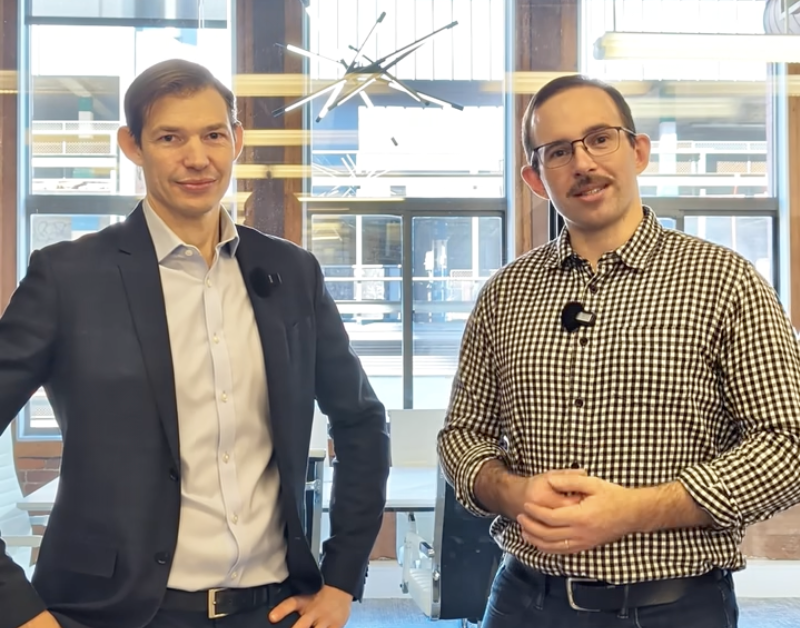
Subscriber Spotlight: Sean Kelly-Rand
linkedin.com
Sean Kelly-Rand co-leads RD Advisors, a capital provider for Boston-area real estate projects. RD's specialty: The kinds of "missing middle" small multifamily projects that many developers, policymakers and Greater Boston residents hope can deliver a fix for the region's housing woes. But Kelly-Rand wasn't always a Boston-area real estate expert. He got his start in the industry in London, and spend nearly a decade becoming an expert in European CRE.
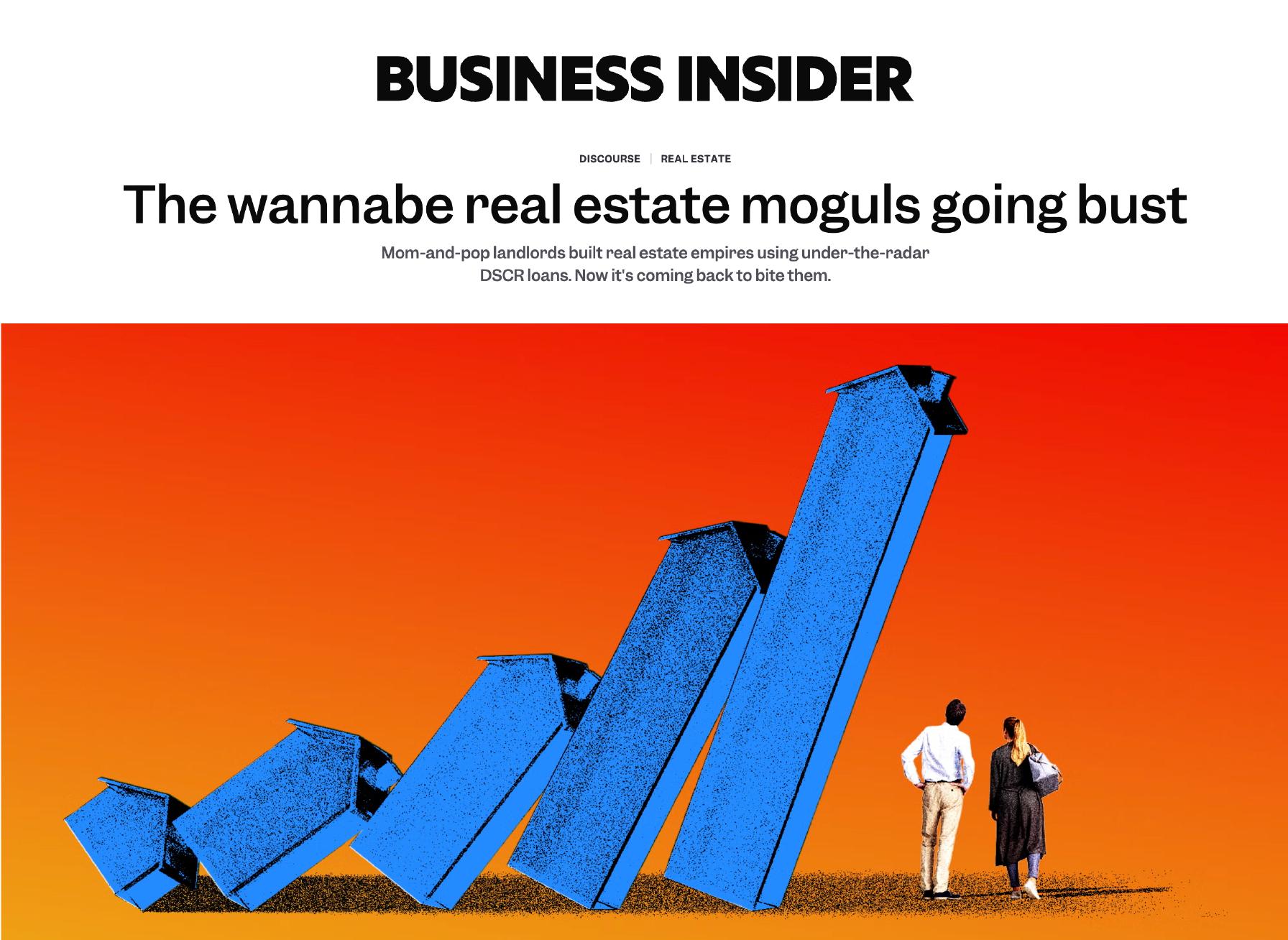
Press
The wannabe real estate moguls going bust
businessinsider.com
Sean Kelly-Rand was included in a recent Business Insider article examining the rise in DSCR loan delinquencies and lender concerns about leverage in today’s market.
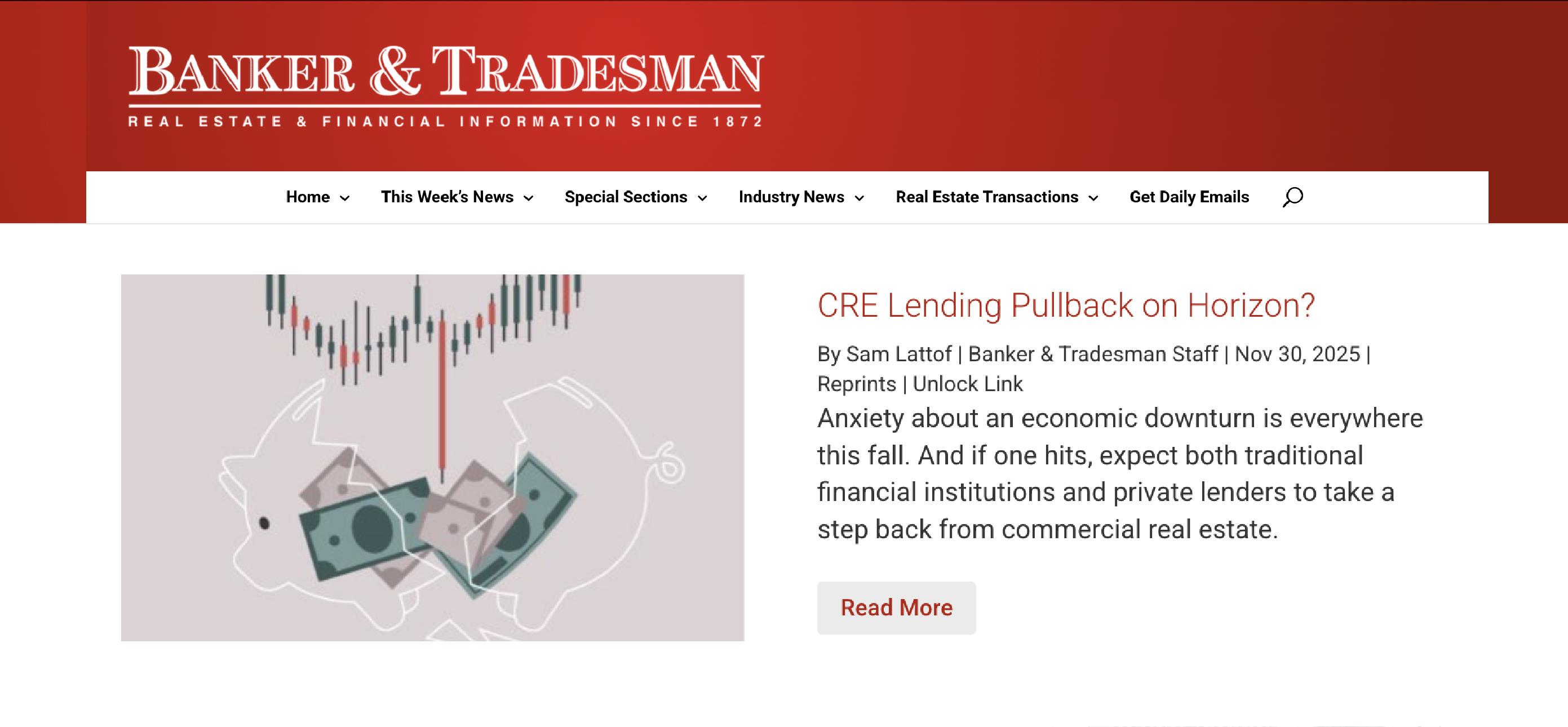
Press
CRE Lending Pullback on Horizon?
bankerandtradesman.com
Sean Kelly-Rand was included in a recent Banker & Tradesman article discussing a potential CRE lending pullback.
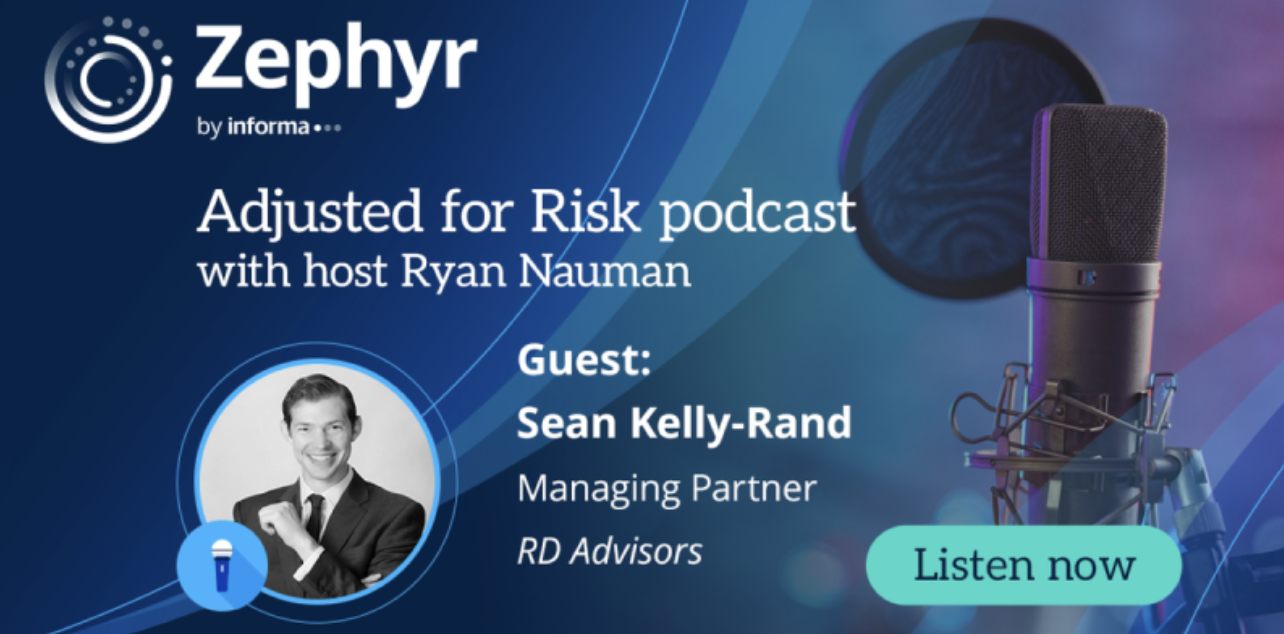
Press
Zephyr's Adjusted for Risk: Cockroaches in the Credit Market to Bad Bank Loans
wealthmanagement.com
Ryan Nauman and Sean Kelly-Rand discuss a turbulent week in the markets, including Jamie Dimon's cockroaches comment, news on bankruptcies, issues with regional banks, and the overall health of private credit.

Press
Rate Cut Could Spur Suburban Housing Starts
bankerandtradesman.com
A prospective rate cut could catalyze a surge in suburban housing starts, as builders respond to improved affordability and renewed buyer demand.

Resource
iheart.com
In the “Cindy Stumpo Is Tough As Nails – Hard Money Lending” episode, Sean Kelly-Rand joins Cindy Stumpo to unpack real estate hard money lending strategies, risks, and the current credit environment.